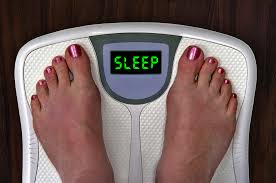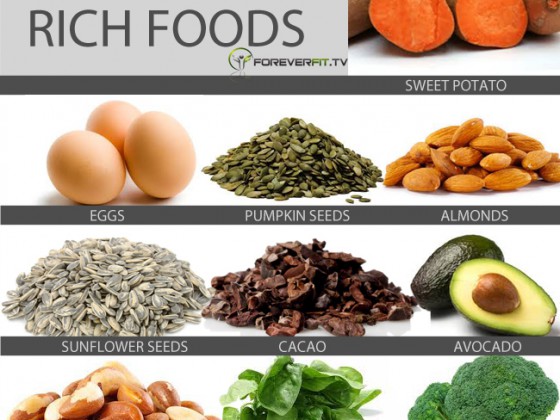Many factors of modern life can have an impact on your gut health, such as taking antibiotics, high levels of stress, not enough sleep and consuming processed and high-sugar foods all damage and effect the bacteria found in our stomach. If your gut bacteria is out of balance, your body isn’t able to digest food as well and this impacts your ability to absorb nutrients, which can lead to digestive conditions and other symptoms such as gas, bloating, constipation, diarrhea, heartburn, mood swings, depression, anxiety, difficulty concentrating and joint pain. This can also be the hidden culprit for everything from weight management, fatigue to learning and behavioural difficulties in children, asthma and skin conditions such as eczema and rosacea to name a few.
Positive lifestyle changes you can make are;
By maintaining a healthy gut, you will contribute to better overall health and this may assist in weight loss and management. However, a person should talk to their doctor before making any drastic changes to their diet.
I often speak to people about their goals, fitness aspirations and the ideal body they are hoping to achieve.
A question I always ask is “what are the most important things you are looking for in a personal trainer?” The results vary greatly but there are some common themes.
“Someone to push me” is a common one . Sometimes the person thinks they need to be pushed to their limits in order to achieve the outcome they want. They may have tried exercising , or been exercising for a reasonable time but they are confused because the results have not occured. Automatically, they think that they need to be trained harder as this what is needed to achieve their goal.
High intensity training needs to balanced and planned, followed by rest and recovery, and sound nutrition. Excessive training at these levels can also be dangerous. In reality, the person probably needs support and guidance to address;
On another level, whether conscious or not, sometimes people do not want to change the way the eat, follow nutitional guidance, nor address taking advice from another person. Sometimes there is often an interplay with accountability as well, so the person doesn’t want to show their food journal. The ego is in control here.
The result is that the person believes that traininig harder or being “pushed” will do the trick, when in reality it may be other factors that need to be addressed.
The whole picture needs to be examined, and following the program and advice of a fitness professional will help you achieve your goals in the shortest possible time.
Many articles magazines mention how “lack of sleep can make you fat” but there is a lack of understanding on the mechanisms behind this statement. It is to many individual’s understanding that if you sleep less and eat less, it does cause you to reduce weight, which is true, particularly if you are active during those hours you are awake. In terms of sleep deprivation and weight gain, how does this fall h and in hand?
and in hand?
Have you ever been up really late and find yourselves fighting against those late night cravings, which you can only resist for so long before you begin eating? This is due to a disruption of hormones which in turn can affect your appetite; hence it is very unlikely that you will eat less when you are sleep deprived. Sleep deprivation reduces leptin which is the anti-starvation hormone (anorexigenic hormone) that is secreted from the brain. The body also causes an increase in ghrelin which increases hunger.
Why does this have to happen at night, especially when we aren’t supposed to eat in large amounts at this time? This is because the body has the tendency to self-regulate. For instance, if you are not sleeping, then your body is awake and the body thinks that for this reason there is a greater need for energy, especially if you are fatigued and your body is forcing itself to stay awake. To fulfil the energy demands for the body, reduction and increase in ghrelin hormones are activated to increase appetite.
If y ou are feeling tired, pain, having trouble sleeping, or anxious stressed or depressed, muscle cramps or twitches, you may have a magnesium deficiency.
ou are feeling tired, pain, having trouble sleeping, or anxious stressed or depressed, muscle cramps or twitches, you may have a magnesium deficiency.
Magnesium is required by every organ in the body for;
Many of us do not get enough magnesium in our diets. Adults require about 300 to 400 milligrams a day.
Magnesium is very beneficial for;
Foods that are high in Magnesium inlude;
You can also use supplements in the form of tablets which are available in most supermarkets.
